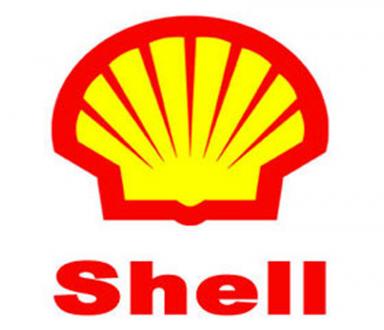Oil Majors Grumble as Nigeria Seeks 73% Share of Offshore Oil Profits
Africa’s top oil producer, Nigeria, will seek a bigger share of profits from oil produced offshore when a new industry bill is passed into law, Petroleum Minister Diezani Alison-Madueke said.
The Petroleum Industry Bill, which was sent to Parliament in July, proposes to boost the government’s share to 73 percent from 61 percent, Alison-Madueke said in a statement e-mailed today from the capital, Abuja.
“The proposed increase of government take to about 73 percent is not only competitive but considerate when we look at the scale of other entities around the world,” she said, citing Norway, Indonesia and Angola as examples. Previous terms introduced in 1993 were based on an oil price of $20 a barrel, and are no longer realistic because “crude prices have been on the upward swing,” she said.
The bill, which seeks to reform the way the West African nation’s oil is regulated and funded, was initially introduced to Parliament more than three years ago. Lawmakers were unable to pass it before the end of the last legislative session in May 2011.
Energy companies including Royal Dutch Shell Plc (RDSA), Chevron Corp. (CVX), Exxon Mobil Corp. (XOM), Total SA (FP) and Eni SpA (ENI) said in a joint presentation to lawmakers in 2009 that the proposed tax increases would make exploration “uneconomical.” They pump more than 90 percent of the country’s oil through ventures with state-owned Nigerian National Petroleum Corp. The latest draft of the bill will make Nigerian deepwater oil fields unprofitable if it becomes law, Lagos-based Vanguard newspaper reported Shell Nigeria country Chairman Mutiu Sunmonu as saying on Sept. 24.
Under the terms proposed in the draft bill, royalty and tax would be calculated on the basis of production instead of using terrain and investment as currently done, according to the Petroleum Ministry statement. Lower taxes will be charged for the production of condensate from bigger oil fields and for companies that operate in “ultra-deep water,” the ministry said.
“Royalty by production, as outlined in the bill, is designed to capture the output of a company as opposed to its location, while creating a fair balance between small and big operators,” Alison-Madueke said.
Source: Bloomberg









